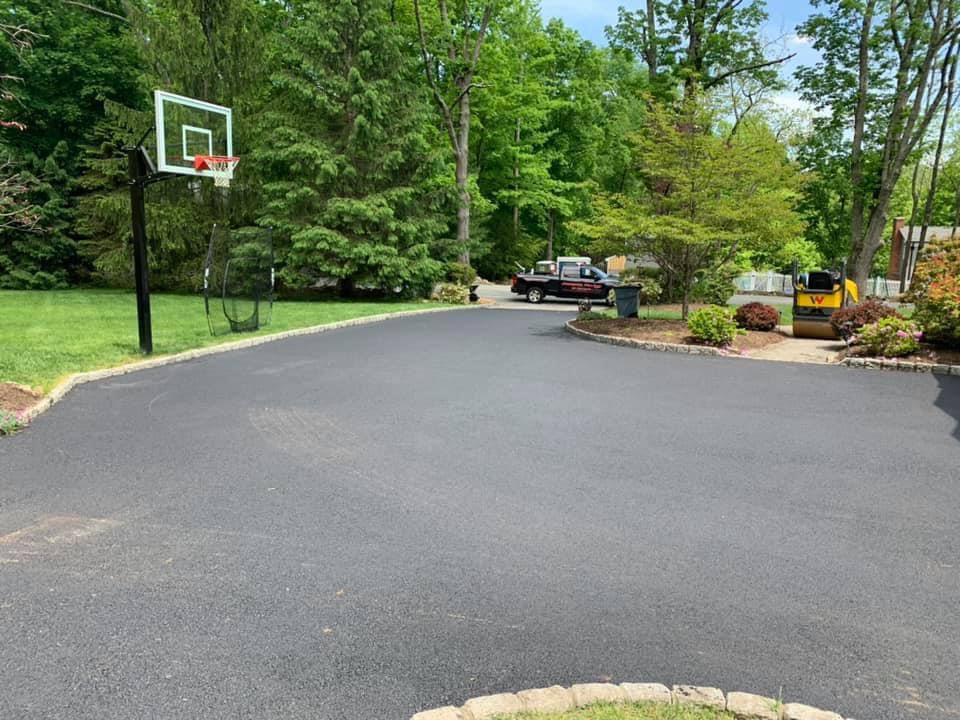Masonry structures, whether brick, stone, or concrete, are known for their durability and timeless appeal. However, over time, these materials can show signs of wear and tear. Effective masonry repair is essential to maintaining the integrity and appearance of your home. This homeowner’s guide provides essential tips for tackling masonry repair projects, whether you’re doing DIY or hiring a professional.
1. Identify Common Masonry Issues
Cracks and Gaps
Cracks in masonry can occur due to settling, weathering, or poor construction. It’s important to identify and address cracks early to prevent further damage.
Efflorescence
Efflorescence appears as a white, powdery substance on masonry surfaces, caused by water-soluble salts. This issue is usually cosmetic but can indicate moisture problems.
2. Choose the Right Repair Materials
Mortar Selection
When repairing brick or stone structures, selecting the right mortar is crucial. The mortar should match the existing material in both color and strength to ensure a seamless repair.
Sealants and Waterproofing
For concrete or stone surfaces, using appropriate sealants can prevent moisture infiltration and further damage. Waterproofing products are also essential for protecting masonry from the elements.
3. DIY vs. Professional Repair
Small-Scale Repairs
Minor repairs, such as filling small cracks or replacing a few bricks, can often be handled by homeowners with basic tools and materials. However, it’s important to follow proper techniques to avoid further damage.
Major Structural Repairs
For significant issues, such as large cracks, bowing walls, or extensive deterioration, it’s best to hire a professional masonry repair service. These repairs require specialized skills and equipment to ensure safety and effectiveness.
4. Ensure Proper Drainage
Addressing Water Issues
Poor drainage can lead to water damage in masonry structures. Ensure that your home’s gutters, downspouts, and grading direct water away from masonry walls to prevent future problems.
Installing Weep Holes
Weep holes are small openings in masonry walls that allow trapped moisture to escape. If your structure lacks adequate weep holes, consider having them installed to improve drainage.
5. Maintain Regular Inspections
Seasonal Checks
Regularly inspect your masonry structures for signs of damage, especially after extreme weather conditions. Early detection allows for timely repairs, minimizing costs and preserving the integrity of the structure.
Professional Assessments
Consider having a professional masonry contractor perform periodic inspections, particularly for older homes or buildings with extensive masonry work. These assessments can identify potential issues before they become serious problems.
Masonry repair is a crucial aspect of maintaining your home’s structural integrity and aesthetic appeal. By identifying common issues, choosing the right materials, and knowing when to hire a professional, you can ensure that your masonry structures remain in top condition for years to come.

